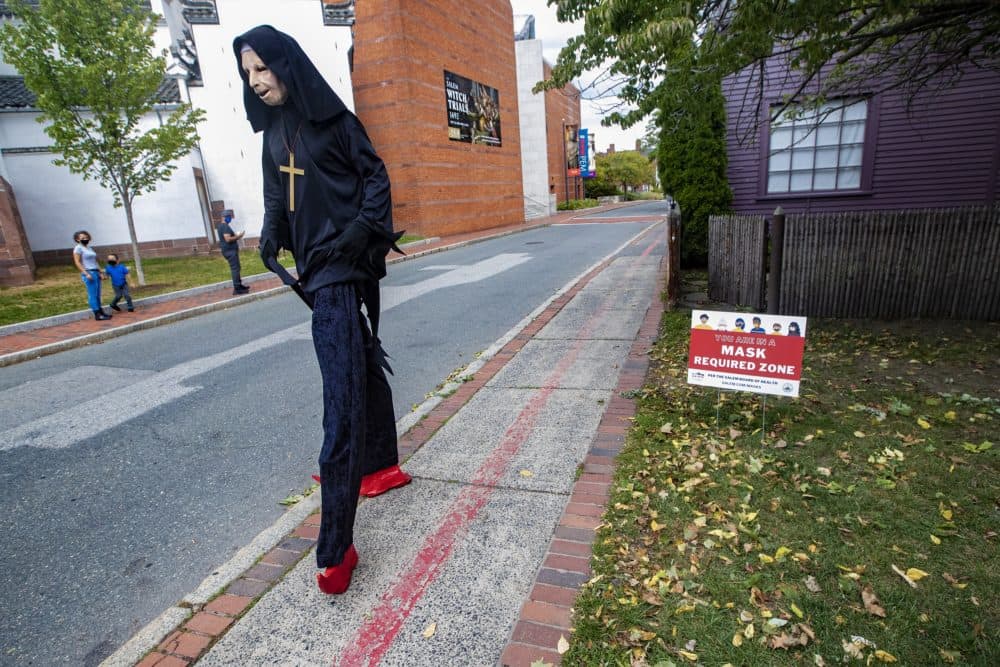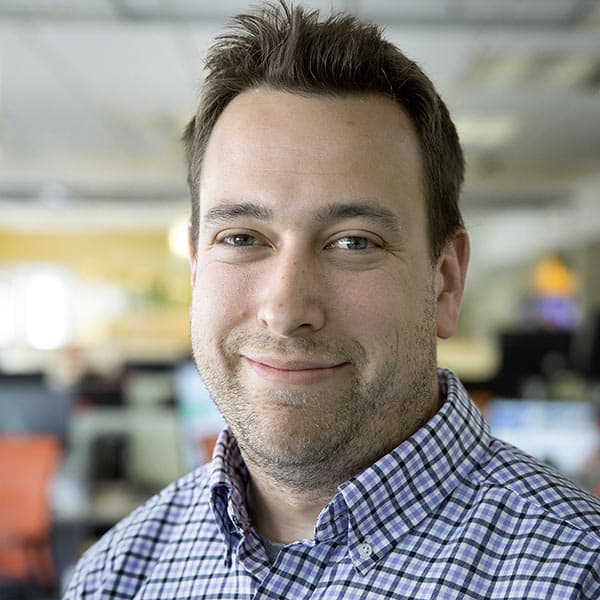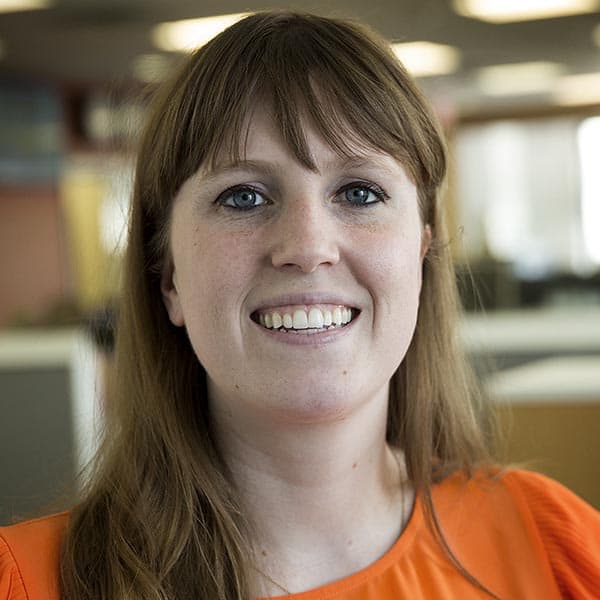Advertisement
Living Through Corona: Skip Dylen, Salem Haunted House Owner

To say that Halloween in Salem, Massachusetts is a big deal is an understatement. But this year, like everything else, it's different. Mayor Kim Driscoll has urged people to stay away, and indoor haunted attractions are not allowed to open.
For haunted house owners like Skip Dylen, that means a major loss of income.
We caught up with Dylen, the president of Wicked Amusements and the Chambers of Terror in Salem, as part of our ongoing series, "Living through Corona."
Interview Highlights
On finding out in mid-September they would not be able to open for Halloween:
Skip Dylen: "Initially, there is that moment where you feel like the floor fell away. We have a small attraction. It does not generate a huge profit margin. It's a labor of love for myself and the other employees that make it happen each year for the tourists that come through Salem and want to have some scary fun."
"And so the financial numbers start pouring through your head of, you know, 'Is going to bankrupt us? Is it going to bankrupt me because I'm a personal guarantor on at lease? How are we going to maintain through the next year? Will we be able to recoup the loss? Can we recoup the loss and even, you know, keep the doors open and the bills paid until the following season?'"
"But ultimately, I'm also a very objective guy. And I realize that the state, and now the city of Salem itself, are in a very difficult position in that they have to put the public health before everything else. And so that means trying to stop Salem — which normally has tens of thousands of visitors per day during the month of October — from becoming a super spreader event... While on a personal level, it certainly rocked my world a little bit. The objective, decent, socially-minded person in me says, 'Well, you know what? At the end of the day, it's only money, it's only credit, it's only business.' And you levy that up against people's lives? Well...there's no comparison there. The scales are always going to fall in favor of the the lives of people and the health of the public."
Advertisement
On the moral relief of not having to open this year:
"I think that certainly the fact that every business, every public facing business that's out there, serves as a potential vector for a contagion of this terrible disease. [It's] always ways in the back of the head of anybody that owns a retail operation. And so while we were preparing for what we assumed would be our opening this season — we were going above and beyond installing Plexiglas barriers and getting atomized, fog-style disinfected machines put in and purchasing N95 masks for all the employees and taking all these these these measures to reduce the likelihood of contagion — you always know in the back of your head that nothing is 100%."
"And even while driving into Salem during the late summer and seeing that there were still crowds in Salem, mass crowds of tourists and visitors wandering around, it was a strange place to be in and mixed feelings and emotions for me, because on the one hand, that was giving me some financial, fiscal hope for what the season might might do for us. But on the other hand, there's the question of, 'Why are all you people out here gathering in crowds when there's a pandemic going on?' And do I really want to be potentially part of anyone getting sick? Anyone spreading that illness? And in the worst, most tragic cases, somebody dying from that illness?
And I have people who work for me in other ventures that have had family members pass from this. So the as you said, the emotional relief of being told that you can't open and you know that you know that one hundred percent, I can turn and say, 'Well, you know what? Nobody's going to get sick from my business this year and nobody's going to...end up in a hospital or possibly pass because I needed to make my money...'" [It] is something that I cling to. And it makes me feel like I'm doing the right thing."
On how our relationship with fear may change from the pandemic:
"It's important to differentiate the type of fear that we're talking about for entertainment purposes. Fear is generally a startle. A quick dose of the unexpected, something to get your blood pumping and get your adrenaline to spike. And then you immediately have the rational part of your brain that takes over that reminds you, 'Hey, I'm not actually at risk.' And with that comes that cathartic release, that where you laugh at yourself afterwards and you smile. That stands in contrast to things that cause an actual fear and a dread of something that can really do damage or that could possibly harm you. And that's what we're dealing with right now."
"So do I think that people are not going to want those fun type of scares anymore? No, I don't believe that because everybody's still watching horror movies and it's this pandemic. And for the haunted attractions that are allowed to be open right now — some of my cohorts up in New Hampshire, for example, and in other states or outdoor attractions that have been allowed to be opened in Massachusetts — the people are coming out in droves. So I question certainly the wisdom of any crowd event at this point in time. I'm listening diligently to what the scientists and medical professionals are telling us. But the sociological take on it and psychological take is that I think that people will still want the entertaining type of fear. They're just getting really tired of being afraid of something that's invisible, that is putting their lives in a tailspin."
This segment aired on October 20, 2020.


